These interesting facts about history were never taught to you by your teachers — and they probably never even knew.
While any student of history has learned about the likes of Abraham Lincoln and World War II, how many of us know that Lincoln was a champion wrestler or that Franklin Roosevelt okayed a plan to bomb the Imperial Japanese Army with bombs attached to bats?
When we step outside the familiar historical narratives passed down by the textbooks we all read in school, we realize just how many interesting history facts slipped through the cracks. Discover some of the strangest and most fascinating in the gallery below:
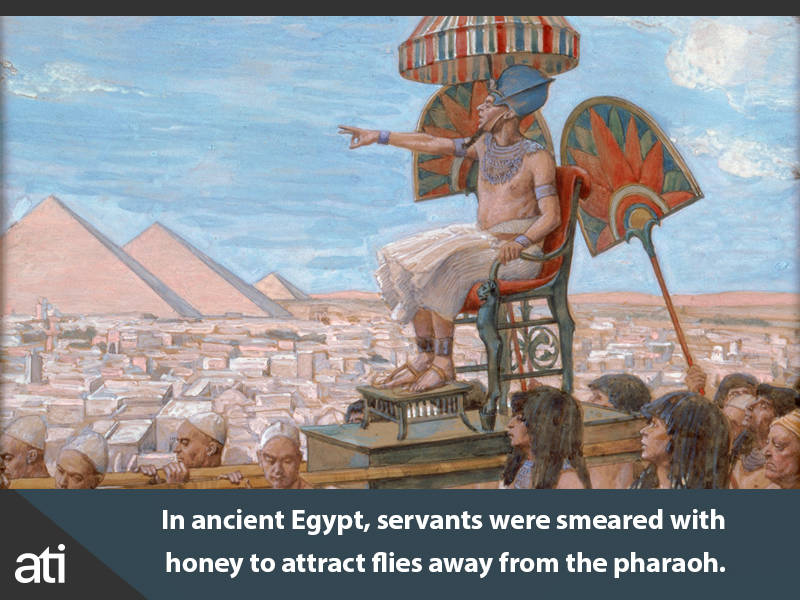
In ancient Egypt, servants were smeared with honey to attract flies away from the pharaoh.
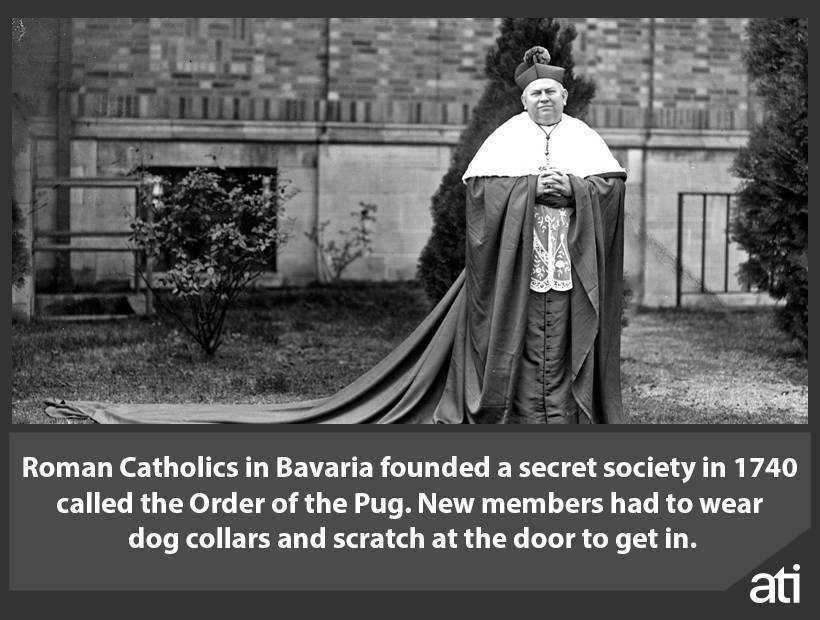
Roman Catholics in Bavaria founded a secret society in 1740 called the Order of the Pug. New members had to wear dog collars and scratch at the door to get in.

The first fax was sent while people were still traveling the Oregon Trail.

Henry VIII of England had people who were called “Grooms of Stool” whose job it was to wipe his bottom. During his reign, he had four such people, all of whom were knighted.
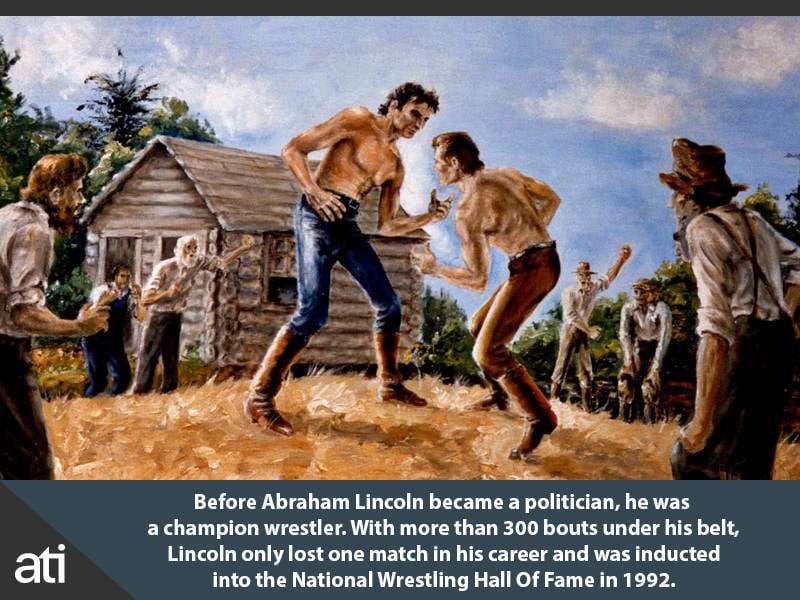
Before Abraham Lincoln became a politician, he was a champion wrestler. With more than 300 bouts under his belt, Lincoln only lost one match in his career and was inducted into the National Wrestling Hall Of Fame in 1992.

Until the early 20th century in Mongolia, criminals could be locked up in a wooden box as punishment, sometimes left to die of starvation.
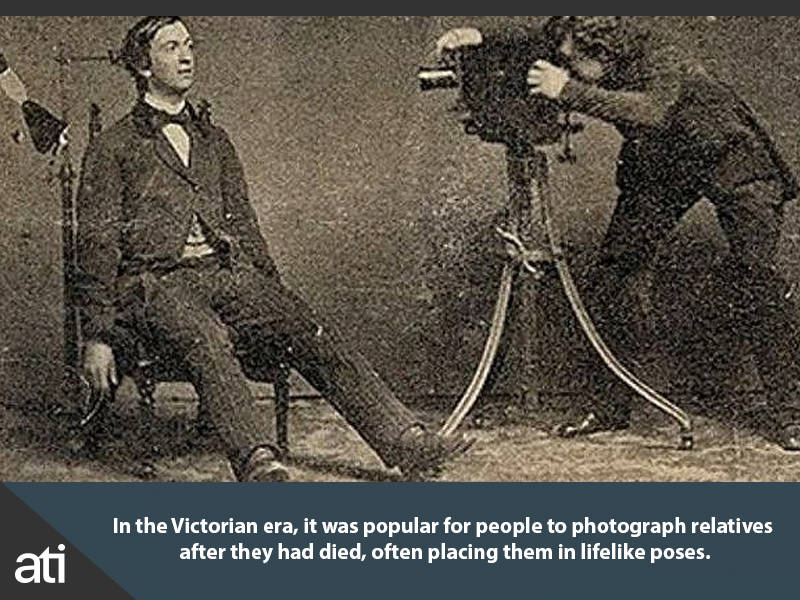
In the Victorian era, it was popular for people to photograph relatives after they had died, often placing them in lifelike poses.
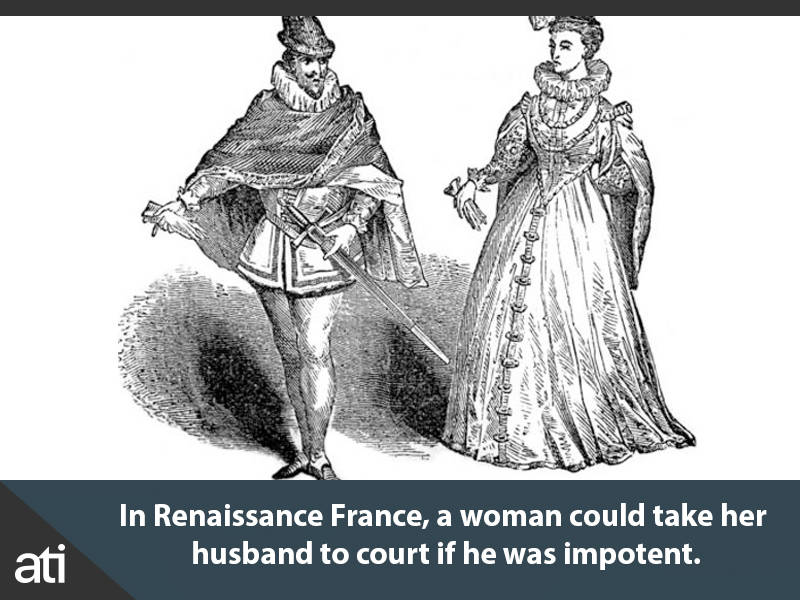
In Renaissance France, a woman could take her husband to court if he was impotent.
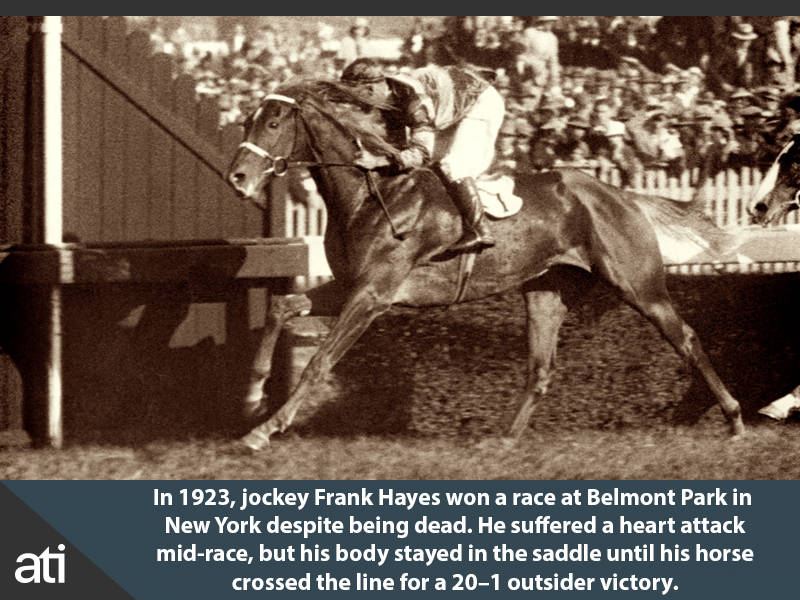
In 1923, jockey Frank Hayes won a race at Belmont Park in New York despite being dead. He suffered a heart attack mid-race, but his body stayed in the saddle until his horse crossed the line for a 20-1 outsider victory.

All British tanks since 1945 have included equipment to make tea.
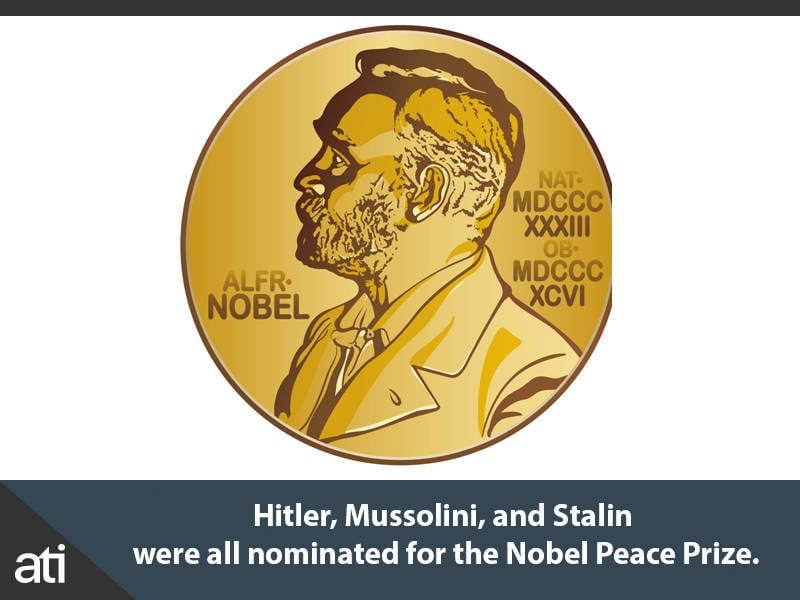
Hitler, Mussolini, and Stalin were all nominated for the Nobel Peace Prize.
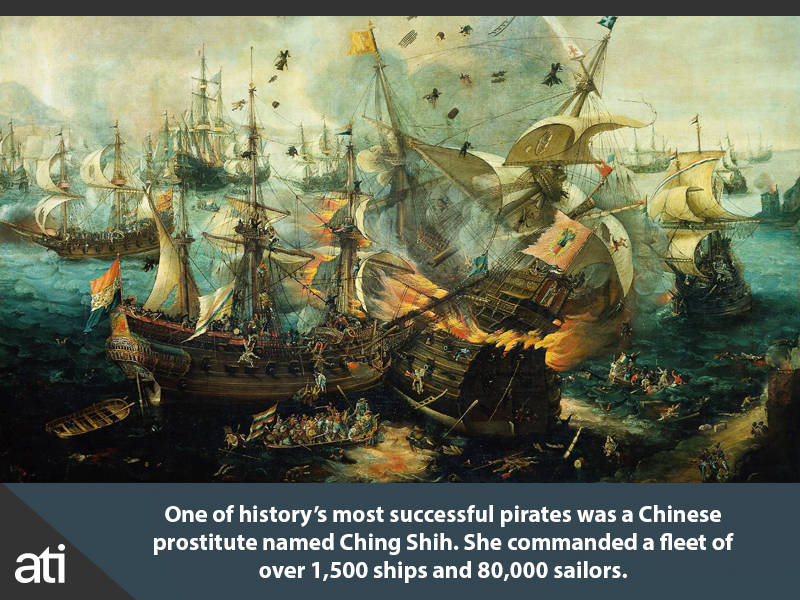
One of history’s most successful pirates was a Chinese prostitute named Ching Shih. She commanded a fleet of over 1,500 ships and 80,000 sailors.

Tsutomu Yamaguchi was in Hiroshima when the first atom bomb was dropped. He then traveled home to Nagasaki the day before the second atom bomb was dropped. He survived both and lived to be 93.
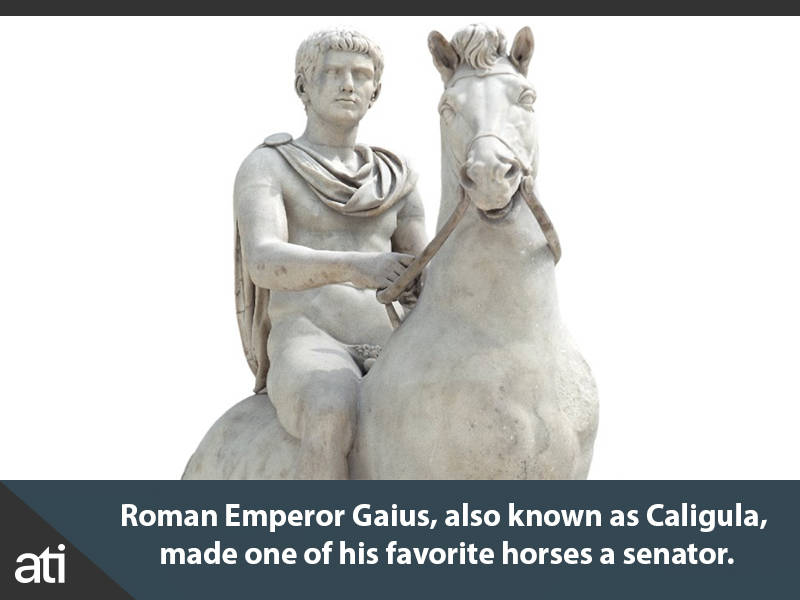
Roman Emperor Gaius, also known as Caligula, made one of his favorite horses a senator.

On his death bed, Voltaire was asked to renounce Satan by a visiting priest. He replied, “This is no time to be making new enemies.”

The town of Salem, New Jersey once held a trial against tomatoes in 1820 because of the widespread belief they were poisonous. The case ended after Colonel Robert Gibbon Johnson ate a basket of tomatoes without ill consequence.
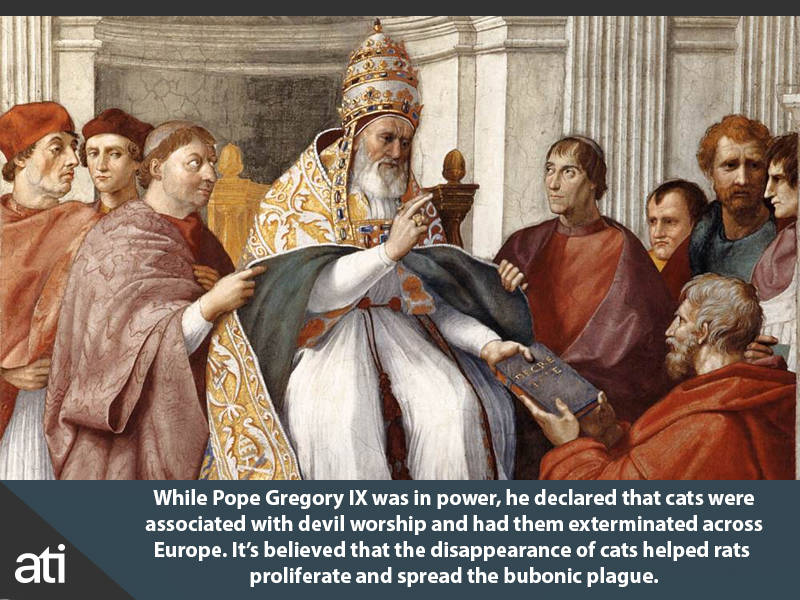
While Pope Gregory IX was in power, he declared that cats were associated with devil worship and had them exterminated across Europe. It’s believed that the disappearance of cats helped rats proliferate and spread the bubonic plague.

Potatoes were only introduced to Ireland in the late 1500s after being discovered by Spanish Conquistadors in Peru.
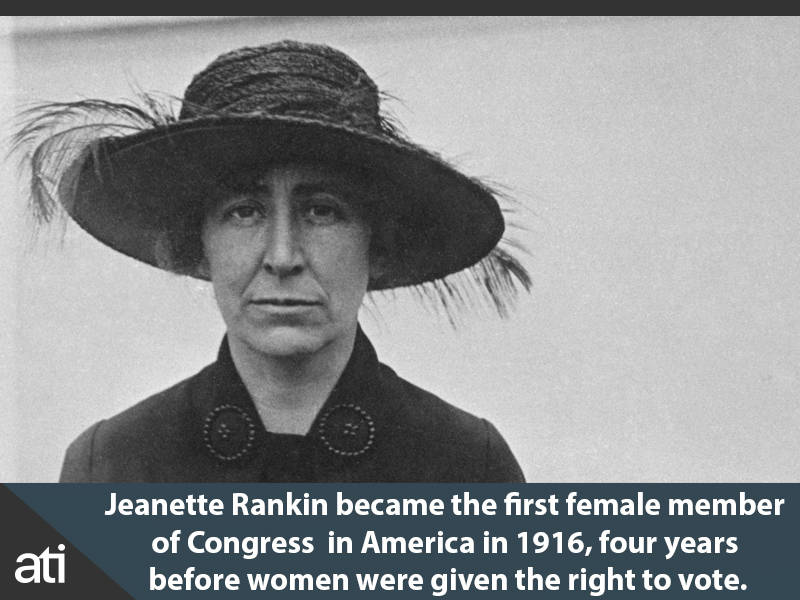
Jeanette Rankin became the first female member of Congress in America in 1916, four years before women were given the right to vote.

Despite popular rumors, Elvis Presley had severe constipation that plagued him throughout his life. He actually died while pooping because of a condition called “megacolon.”
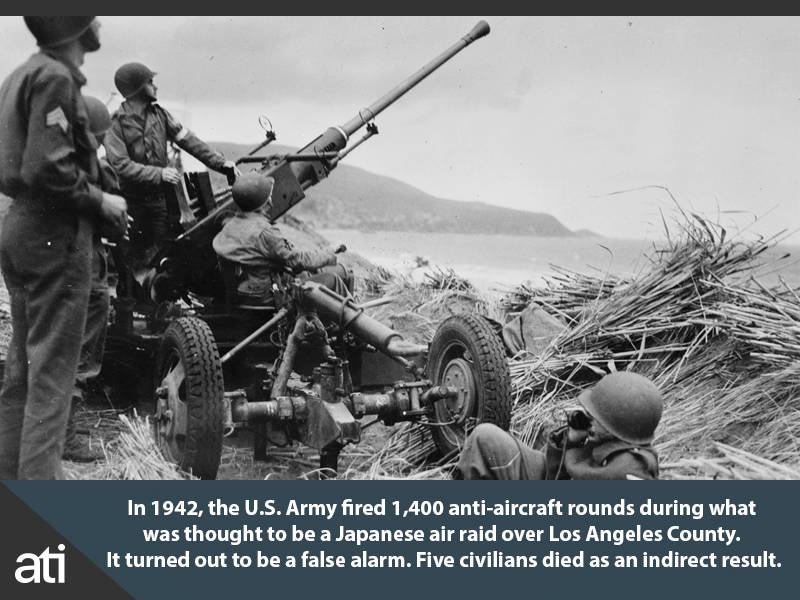
In 1942, the U.S. Army fired 1,400 anti-aircraft rounds during what was thought to be a Japanese air raid over Los Angeles County. It turned out to be a false alarm. Five civilians died as an indirect result.
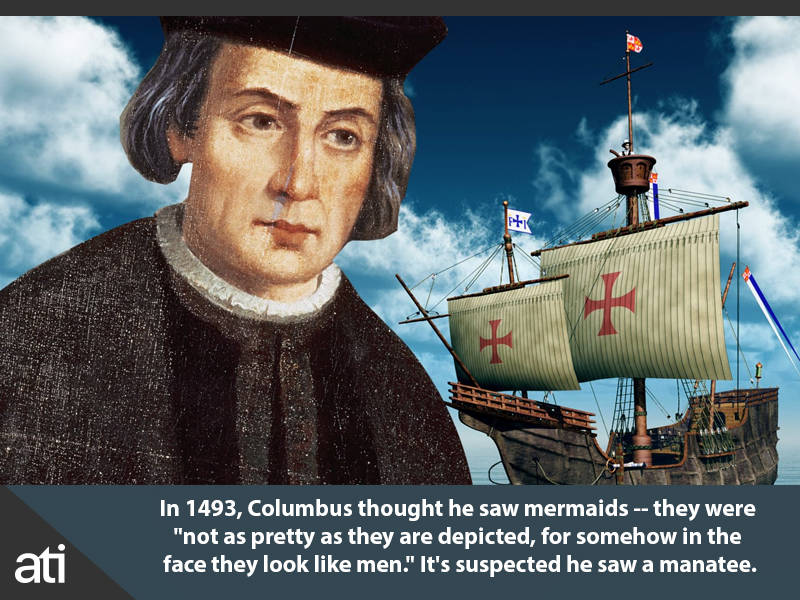
In 1493, Columbus thought he saw mermaids — they were “not as pretty as they are depicted, for somehow in the face they look like men.” It’s suspected he saw a manatee.
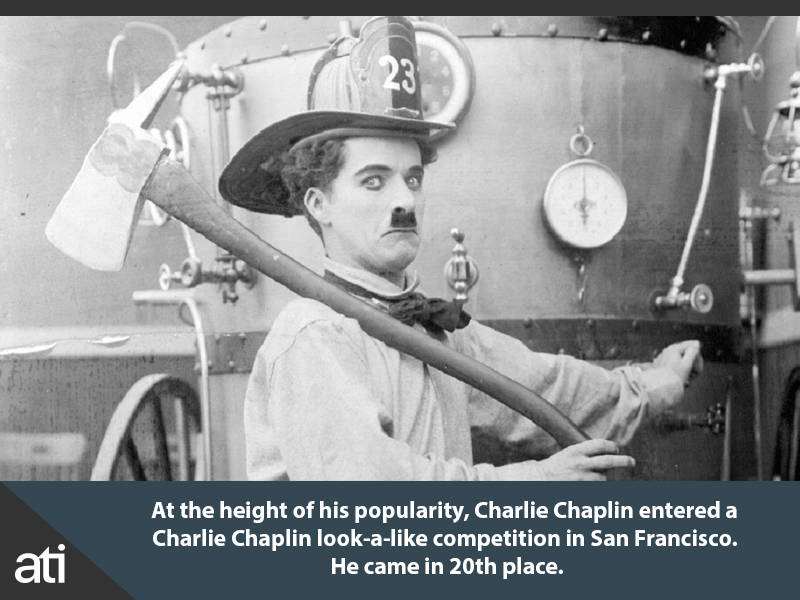
At the height of his popularity, Charlie Chaplin entered a Charlie Chaplin look-a-like competition in San Francisco. He came in 20th place.

Chickens may have been first domesticated by humans for cockfighting, not for food.
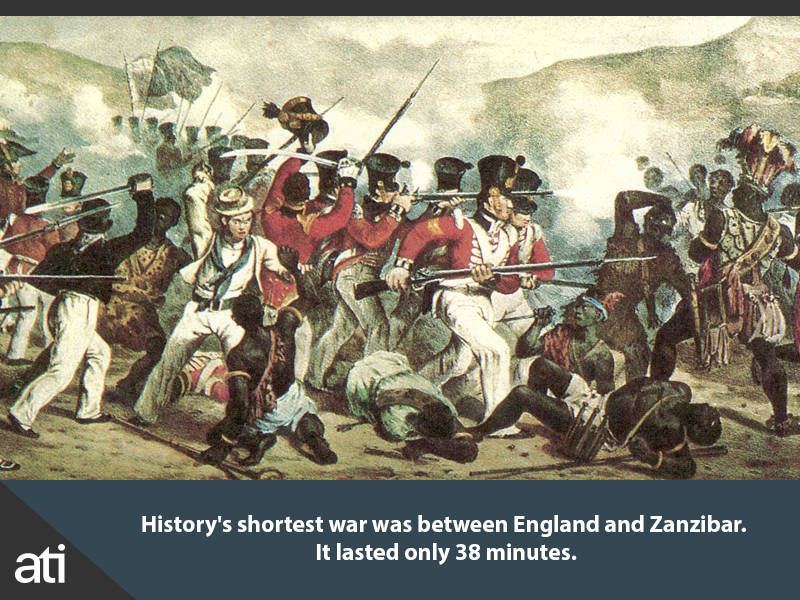
History’s shortest war was between England and Zanzibar. It lasted only 38 minutes.
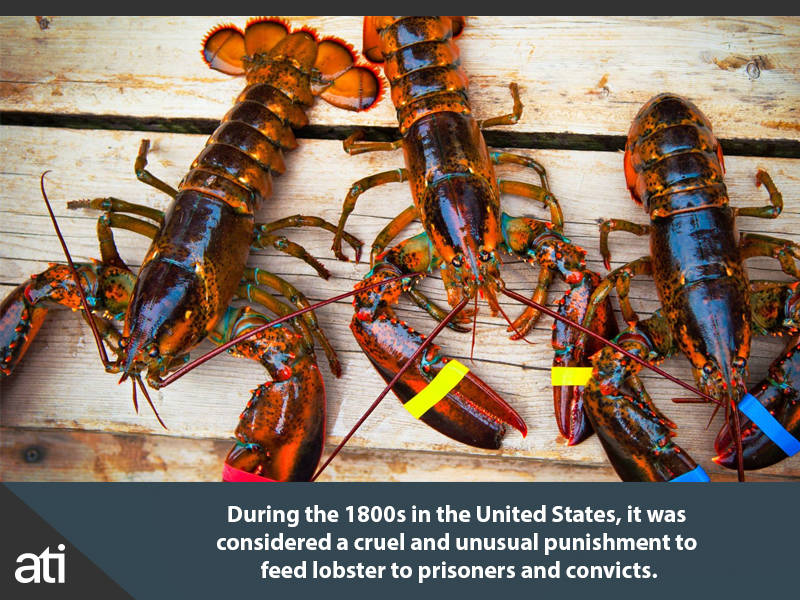
During the 1800s in the United States, it was considered a cruel and unusual punishment to feed lobster to prisoners and convicts.
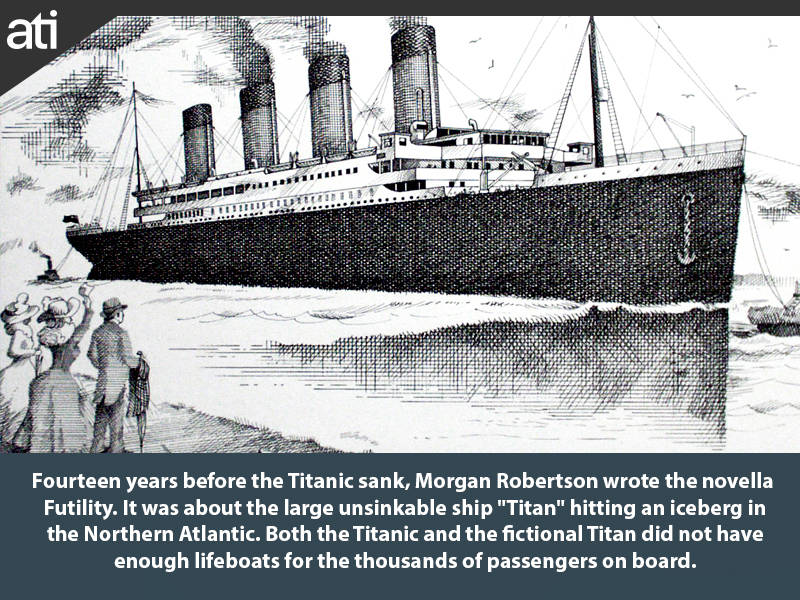
Fourteen years before the Titanic sank, Morgan Robertson wrote the novella Futility. It was about the large unsinkable ship “Titan” hitting an iceberg in the Northern Atlantic. Both the Titanic and the fictional Titan did not have enough lifeboats for the thousands of passengers on board.
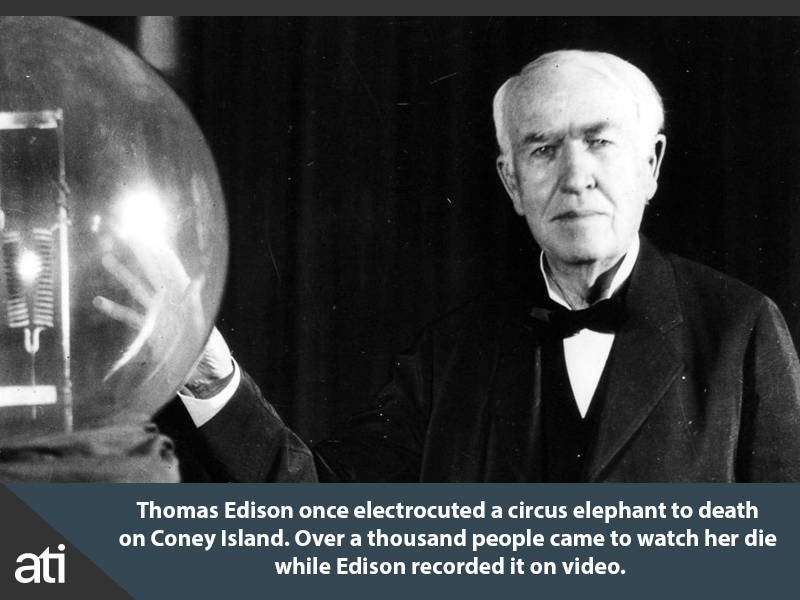
Thomas Edison once electrocuted a circus elephant to death on Coney Island. Over a thousand people came to watch her die while Edison recorded it on video.


